NERC, in collaboration with the Knowledge Transfer Network, are going to be hosting a series of events during 2014 which will investigate solutions to the top challenges facing the sector in the UK.
As the UK pursues a long-term strategy to decarbonise our society, there will be a continuing need for hydrocarbon exploration to bridge the gap to low emission power generation in future. Britain’s energy security and long-term economic performance will benefit hugely from maintaining the health of this key indust rial sector. With this in mind, NERC is keen to establish where research activities might support the sector.
rial sector. With this in mind, NERC is keen to establish where research activities might support the sector.
Please find details of the upcoming events below:
Unconventional hydrocarbons. Unconventional oil and gas (e.g. shale oil and gas resources) are playing an increasingly important part of the energy mix. Producing these resources effectively and with minimal environmental impact requires innovative science and technology.
Date: 24/09/2014
Time: 09:00 – 16:30
Exploitation in challenging environments. The petroleum industry has successfully extracted a large proportion of the ‘easy to get’ oil and gas. Large resources are still present in environments in which exploration, appraisal and production are difficult and where conventional technologies are inadequate (eg ultra high temperature-high pressure reservoirs, deep-water environments, subsalt, sub-basalt, Arctic). This theme also includes the identification and assessment of risks from environmental hazards to offshore infrastructure.
Date: 17/10/2014
Time: 09:00 – 16:30
Extending the life of mature basins. Mature basins such as the UK’s North Sea contain very significant amounts of unrecovered hydrocarbons. Identifying new resources, and producing this resource in a cost-effective and environmentally sensitive way is technically challenging but will extend field life and help reduce UK reliance on imported energy in the medium term. This theme could include novel approaches to data analysis and interpretation as well as areas such as enhanced oil recovery (EOR).
Date: 26/11/2014
Time: 09:00 – 16:30
Environmental impact and management. Reducing the environmental impact of oil and gas extraction is a key priority for the sector. Improvements in the scientific understanding and technology used during hydrocarbon resource extraction will result in lower levels of environmental impact and will directly influence UK oil and gas industry regulations. Another key challenge for the sector is the environmental impacts of offshore infrastructure, including the assessment of decommissioning options. Note this is a cross-cutting theme which could be included in any of the above themes.
Date: 03/12/2014
Time: 09:00 – 16:30
To find out more information about the events, please visit the connect website.
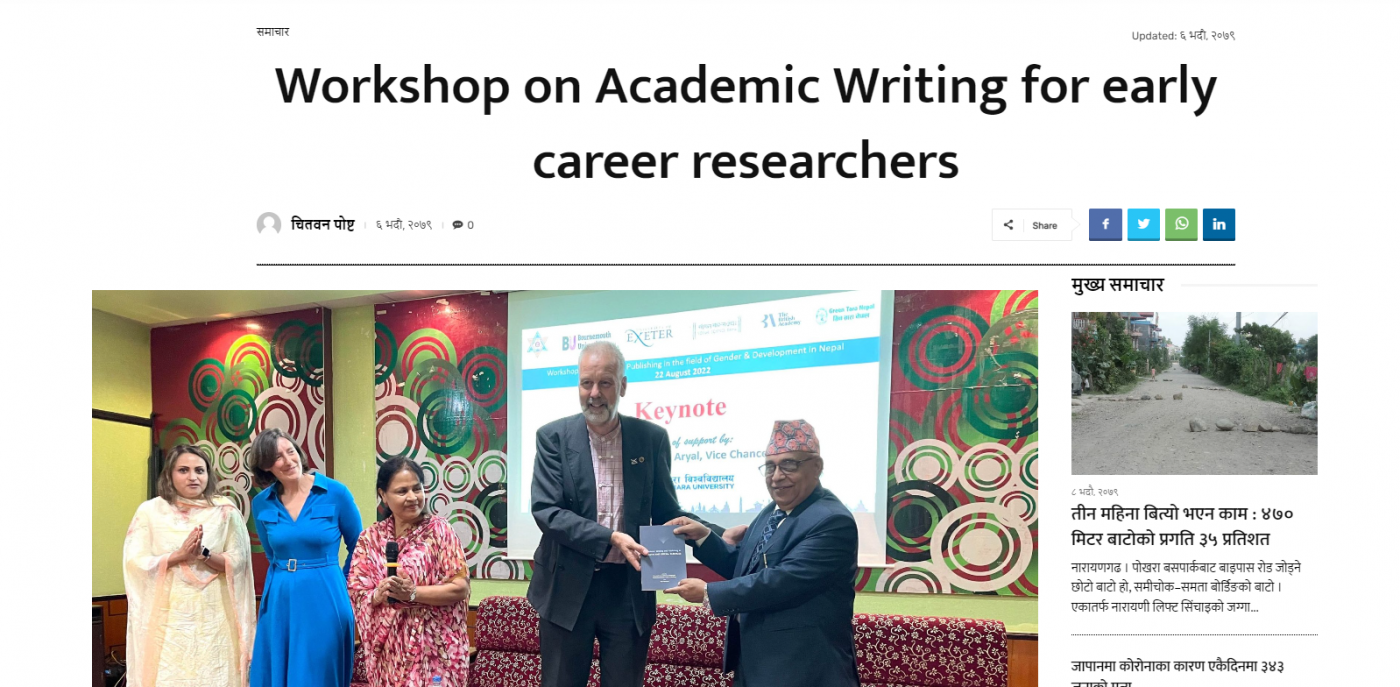
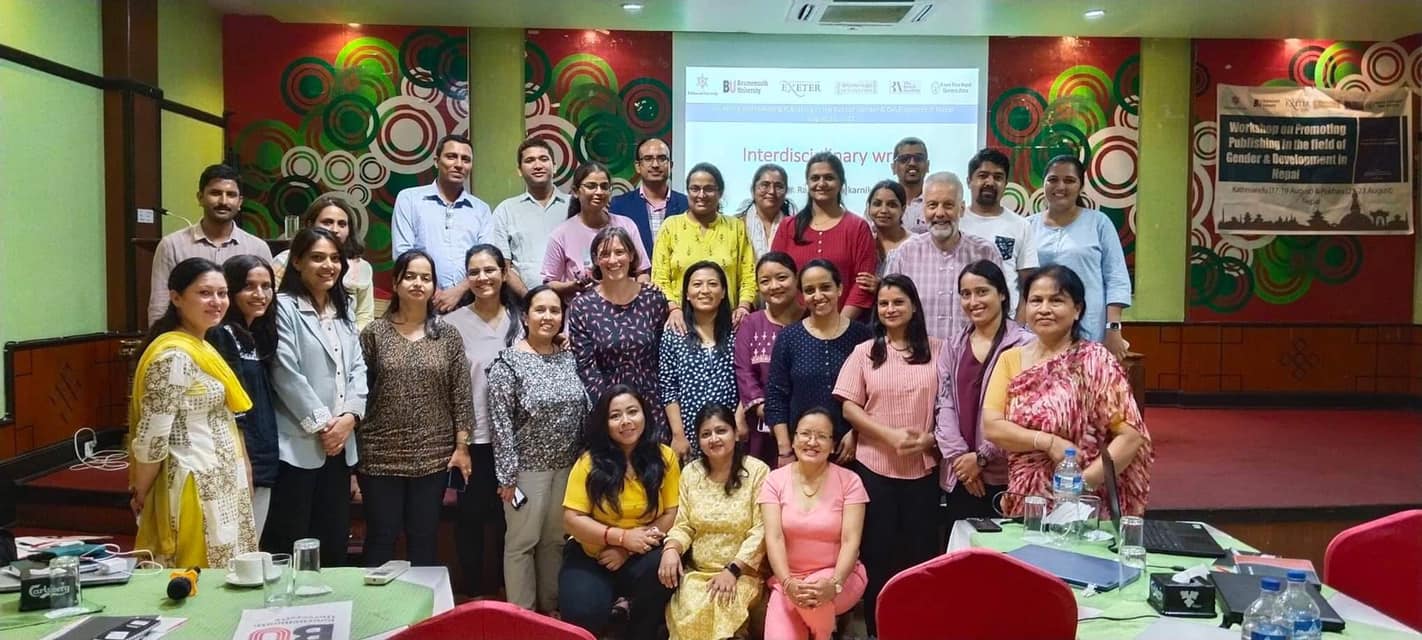
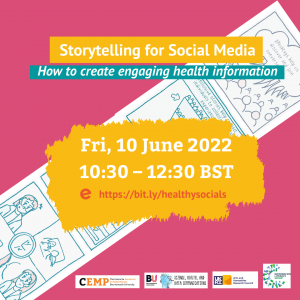

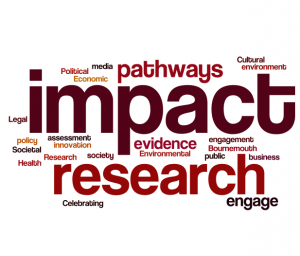
 Led by Professor Paul Rodgers, the AHRC’s Design Leadership Fellow, the Next Generation Design Research workshops have been created to help you to understand what funding the AHRC currently offers and how to best prepare your AHRC funding application.
Led by Professor Paul Rodgers, the AHRC’s Design Leadership Fellow, the Next Generation Design Research workshops have been created to help you to understand what funding the AHRC currently offers and how to best prepare your AHRC funding application.
 EPSRC is holding a two-day
EPSRC is holding a two-day  The British Council have announced that the
The British Council have announced that the 


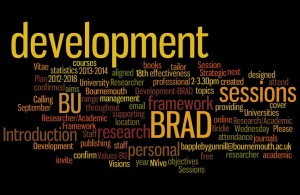


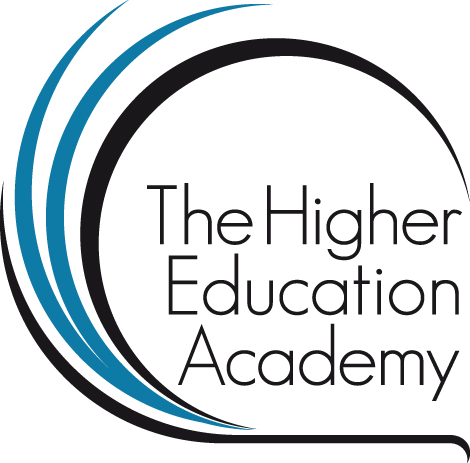













 SPROUT: From Sustainable Research to Sustainable Research Lives
SPROUT: From Sustainable Research to Sustainable Research Lives BRIAN upgrade and new look
BRIAN upgrade and new look Seeing the fruits of your labour in Bangladesh
Seeing the fruits of your labour in Bangladesh Exploring Embodied Research: Body Map Storytelling Workshop & Research Seminar
Exploring Embodied Research: Body Map Storytelling Workshop & Research Seminar Marking a Milestone: The Swash Channel Wreck Book Launch
Marking a Milestone: The Swash Channel Wreck Book Launch ECR Funding Open Call: Research Culture & Community Grant – Application Deadline Friday 12 December
ECR Funding Open Call: Research Culture & Community Grant – Application Deadline Friday 12 December MSCA Postdoctoral Fellowships 2025 Call
MSCA Postdoctoral Fellowships 2025 Call ERC Advanced Grant 2025 Webinar
ERC Advanced Grant 2025 Webinar Update on UKRO services
Update on UKRO services European research project exploring use of ‘virtual twins’ to better manage metabolic associated fatty liver disease
European research project exploring use of ‘virtual twins’ to better manage metabolic associated fatty liver disease